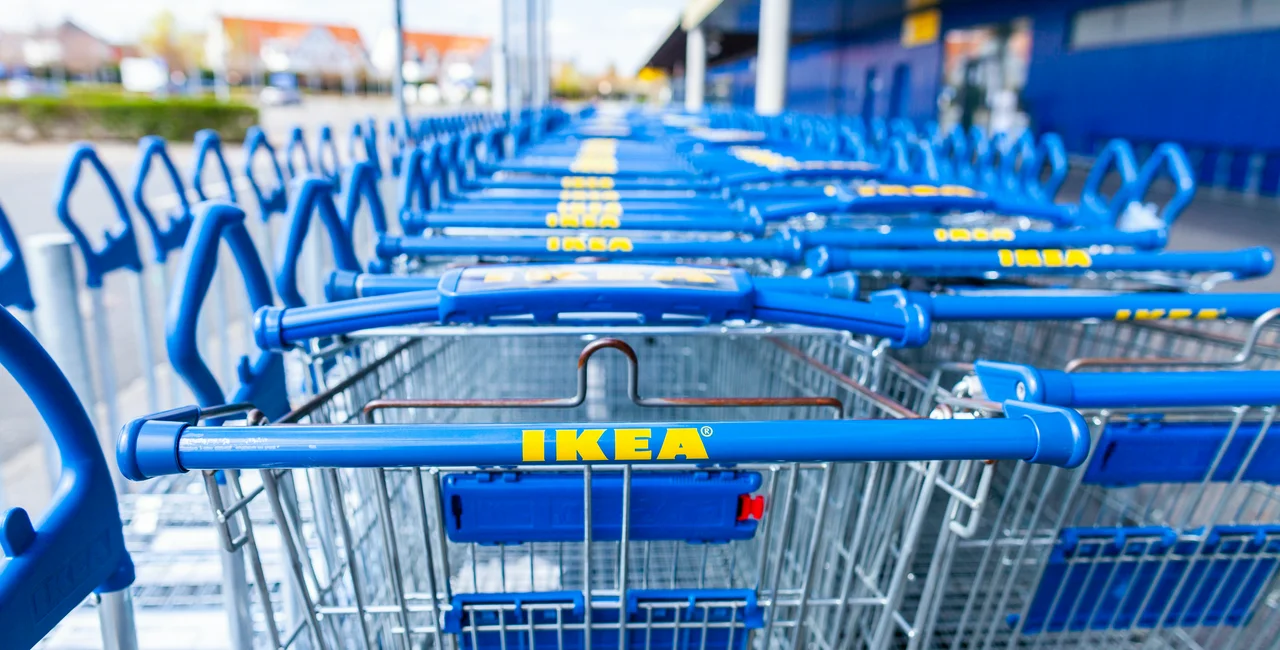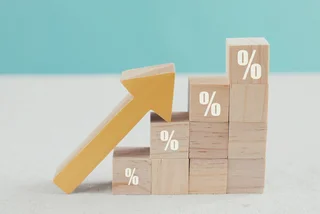The health implications of the Covid pandemic in the Czech Republic are well known. But the effect of nationwide lockdowns and restrictions on doing business around the world are only now making themselves felt on the economy.
Jiří Rusnok, the Governor of the Czech National Bank, said in late December that further rises in inflation from the 6 per cent recorded in November are likely in the coming month. The bank also expects to increase base interest rates from the current level of 3.75 per cent, meaning the price of mortgages is likely to rise significantly over the coming year.
In other bad news, Finance Minister Zbyněk Stanjura today announced that the Czech state budget deficit swelled to a record CZK 419.7 billion in 2021, double the deficit recorded during the financial crash of 2008-09.
With inflation rampant throughout the economy, prices are going up for everything from energy to chocolate and crisps. Here’s a collection of some of the more surprising goods and services affected by inflation; and some costs which people can expect to stay the same despite the dire economic circumstances.
5 price hikes you didn't see coming
- Popular Swedish homeware company IKEA announced a worldwide price increase for all products by up to 9 per cent. This price rise will apply to products in all of the company’s Czech branches. The increase comes as a result of transport bottlenecks and rising prices for raw materials which are driving up costs for the brand.
- Visits to the vet will get more expensive depending on the treatment required. The President of the Chamber of Veterinary Surgeons said services have risen by an average of 5 to 10 per cent for surgery and for medicines. This is driven in large part by wage increases for people working in the sector, as well as increased energy costs and higher prices for drugs from suppliers.
- Second-hand car prices are expected to increase significantly due to the lack of new cars coming on the market as a result of the pandemic's impact on car production. Second-hand car dealers have already reported price increases of 10-15 per cent as a result of the pandemic, and further increases are predicted in the coming months.
- Students and pensioners should prepare to say goodbye to cheap rail fares. The new Czech government has pledged to abolish the hefty discounts implemented by Andrej Babiš’s administration in an attempt to finance public transport infrastructure.
- The beloved Czech rohlík will be affected by a general rise in food prices. The popular bread roll is symbolic of affordable living in the Czech Republic, with price rises deeply unpopular. But supermarket chains have already raised prices to break the two-crown mark, with one rohlík going up from CZK 1.90 to CZK 2.30.
What’s staying the same (for now)
- Although current discount rates are set to be abolished, city authorities have not yet translated a rise in energy and fuel costs into a price increase for public transport season tickets.
- Despite a dramatic rise in the price of petrol and diesel in the latter weeks of 2021, costs appear to have plateaued and are now starting to fall. The market for petrol and diesel is highly volatile, though, meaning further dramatic changes can’t be ruled out.
- According to price indexes kept by the Czech Statistical Office, inflation is not being seen in the postal and telecommunications sector. Indeed, this sector is recording deflation compared to the pre-pandemic era.












 Reading time: 3 minutes
Reading time: 3 minutes 






























